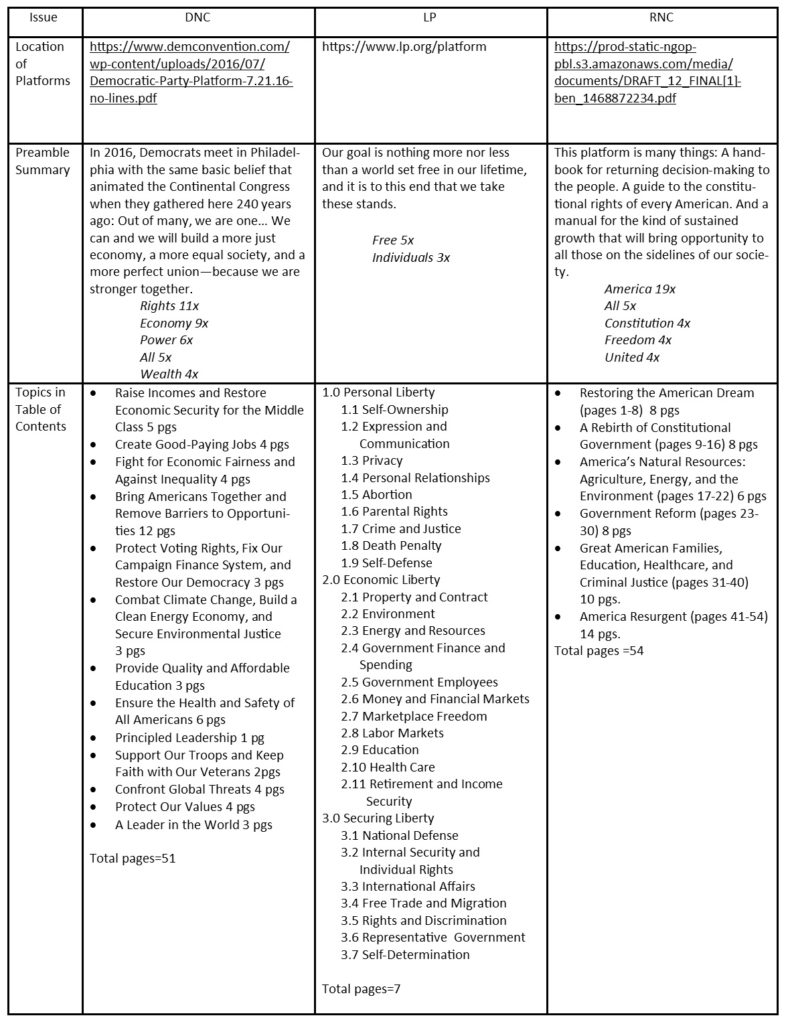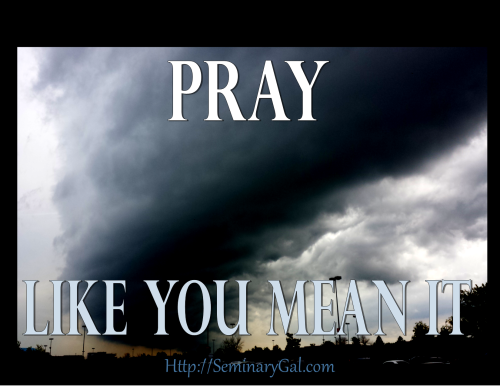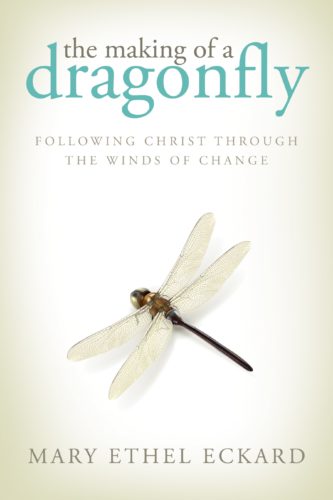 Today I’d like to introduce another friend—also an author—whose friendship has been formative in my Christian walk. Her name is Mary Ethel Eckard of Dragonfly Ministries. Her new book, “The Making of a Dragonfly: Following Christ Through the Winds of Change” was recently nominated for the Henri award in the motivational category of the 2018 Christian Literary Awards.
Today I’d like to introduce another friend—also an author—whose friendship has been formative in my Christian walk. Her name is Mary Ethel Eckard of Dragonfly Ministries. Her new book, “The Making of a Dragonfly: Following Christ Through the Winds of Change” was recently nominated for the Henri award in the motivational category of the 2018 Christian Literary Awards.
Indeed, a well-deserved nomination for an inspirational study teaching us to face our fears, embrace the stillness, know the gift of loneliness, and to wait upon God for healing of old wounds we all know, whether midlife crisis, marital conflict, or just everyday life. These are the winds of change Mary has experienced during which Jesus Christ asked for her obedience to the command to follow. Today, some questions for Mary:
Barbara: Some people might think the dragonfly isn’t exactly a Christian symbol like the fish. Why a dragonfly?
Mary: During an extremely difficult time of life when I was seeking God, it seemed He was nowhere to be found. At the same time, my sons were collecting dead bugs to put together an insect collection to take to the Dallas Zoo Trade Store for children. As I walked each morning, seeking God, I also had my eyes scanning the sidewalks and roads looking for dead bugs. At the end of 3 days of continual praying with seemingly no answer from God in sight, I suddenly found a perfect dead dragonfly, the very one I’d prayed for, to add to their collection. I began researching the symbolism of a dragonfly and I found “The dragonfly is a symbol of growth and development.” We are much like the dragonfly, created to grow and develop into all God has purposed for us. We are our strongest and best when we stay close to our source of strength, the SON light. As we absorb His light, His Holy Spirit teaches, guides, and shines through us so others are drawn to Him. The dragonfly reminds us we too can reflect the light of Christ in a darkened world by letting His Son shine through us.
B: One of the things that really resonated with me early in your book was your mention of a Christian study called “Experiencing God.” It was probably the most formative book study I’ve ever done outside of the Bible. In your experience, what were the most important takeaways from doing that study?
Mary: There are three things that have stayed with me the 18 years since I first went through this wonderful study.
- Being a Christ follower is about having a relationship with God. The word ‘relationship’ was new to me. I am relational, but had never known that I could have a one-on-one relationship with my Creator. This study taught me that God desired a love relationship with me.
- We can hear God’s voice, He speaks to us constantly. However, if we do not know the sound of His voice, we miss out. He speaks love, encouragement, direction, guidance, correction, and purpose. We need only to learn to recognize His voice. This study helped me hone my spiritual listening skills.
- Walking in obedience to God’s ways will often bring about a crisis of belief. We hear from God but may second-guess or doubt what He has asked us to do. This study taught me to move forward in obedience, not allowing the lack of trust to interfere with obedience.
B: Your book takes us from your childhood through your current ministry. I was reminded of Adam and Eve being childlike in the Garden until the Fall of Man when they tried to hide from God. What has God taught you about instincts toward shame and hiding through your life experiences?
Mary: In the first chapter of the book, I jump right in to share my years of rebellious living because I want the reader to know, right off the bat, that I am a Christ follower and a sinner saved by grace. My rebellious living ended after a few years and I turned back to Christ. But the consequences of those years took much longer to settle within my heart. The shame and sadness I encountered because of my poor decisions held me back from fully devoting my life to Christ. I felt the need to work my way back into His graces because I didn’t feel worthy of forgiveness or receiving God’s love.
B: Was it hard learning to overcome the theology of earning God’s favor?
Mary: Yes. I took the slow road to stepping back into God’s family. It took several years for me to understand God’s forgiveness and grace. However, the rebellious years did teach me what life is like apart from God, and I do not ever want to step back into that lonely place ever again.
B: Does shame always come from sin or does it also come from simple failure, etc.?
Mary: Shame attacks us from many directions; it can come from our sins, our failures, from words spoken by others, by wrong perceptions or perspectives. Only when I understood the truth of my identity in Christ, that I have significance and value, was I able to park shame in the back parking lot, turn the lights off, and throw away the keys. It no longer drives my life, my thoughts, my journey.
B: Tell us a little bit about the “gift of loneliness” since most of us hardly ever view it as a gift.
Mary: There are days, even seasons, when loneliness tries to settle into our spirits and render us lifeless, useless, even hopeless. It’s not a loneliness to be in the presence of people; that loneliness is more easily remedied. Even when I had no one around to actively be with, I’ve cured that loneliness by sitting in a coffee shop by myself, just to be around people. But the loneliness I’m referring to as the gift is that sense, deep in your spirit, where you long for something that seems to be untouchable, unreachable. It’s like a hole in the heart or in the gut that cannot be satisfied by anyone or anything. It’s painful, it calls out for help, and it laughs mockingly when the remedy doesn’t come. Until one learns how to quiet it, calm it, and put it to rest.
B: What do you think that loneliness wants?
Mary: Peace. Peace that comes from Jesus. He is our Peace. (Ephesians 2:14). So, when that loneliness comes, I have learned to find a quiet place and sit with it. Not to feed it because what we feed grows. No, I sit with it to soothe it and give it peace.
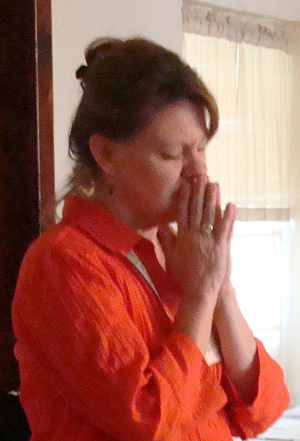 B: How do you do that?
B: How do you do that?
Mary: I give it Jesus. I sing praise songs, read Scripture or a Christian book. I journal. I pray and pray and pray some more. I read Scripture out loud so the earthly and spiritual realm can have God’s words put in the atmosphere. And something amazing happens. Peace comes and when it does, God does a little bit more healing in my heart, my soul, my spirit. Peace is a beautiful gift from God. Healing is a gift from God. Developing a relationship with God is a gift. This inner loneliness drives me to spiritual practices, which draw me closer to my Lord and Savior, which can only be seen as a gift.
B: Much of your book addresses pain in relationships with God and others, something we all can understand. You spoke of fearing that God “didn’t need me anymore. The hurt of rejection set in, along with the conclusion friends would always leave me.” What did you find was the best way to confront this pain?
Mary: By seeking God through prayer and reading Scripture. Somehow, the Lord placed within me the desire to know who He truly was from a personal relationship with Him. I had, up to this point, only a secondhand knowledge of God. All I knew about Him came through the teachings of other people. When I began reading Scripture, I began listing the attributes and characteristics of God and began to understand who He truly is! As I began to know Him, I began to understand His love for me. It took me many years beyond understanding to be able to receive His love, but it was a giant step forward in my walk with Him.
B: In your book, you write, “But He had me on hold. It was frustrating when He did not immediately put me on task or send me out.” You spoke of restlessness during the wait and some of the aspects of frustration. To what extent does our frustration come directly from our inability to “manipulate, control or influence the pace of God’s plan”?
Mary: Personally, this was the biggest part of the frustration. I needed to learn that my ways, my timing, my plan (my, my, my) were not the drivers behind God’s plan. I have also learned when the restlessness comes because of the wait, I am to be cautious of trying to fill that space of time with busy-making activities. Another aspect of not being able to manipulate, control or influence the pace of God’s plan is having to “answer for God” when I am not moving at the desired pace of others who want me to do things in their timing. It’s a crazy cycle – people press me and I don’t move in their timing; I press God and He doesn’t move in my timing; and the people come back around to press me again. Learning to sit, walk or run in God’s timing is a great discipline to grasp and learn.
B: You talk about the awkwardness of silence. What are some of the things that make silence awkward?
Mary: The awkwardness comes when we are first developing the discipline of being silent with God. My first extended quiet time with God was awkward because previous quiet times had been at my direction and under my control. I set the time, the place, the Bible reading, and the short prayer time. In an extended quiet time, I brought my same materials and was finished in the usual ten minutes. I had another block of time committed to this quiet time, and had no idea what to do with it. Relaxing was difficult. Stilling the voices, distractions and to-do lists in my head were more difficult. I had to force myself to stay with it, to train my physical body to “just be” and to give my spirit the time and permission to connect with the Holy Spirit. Because I was new to this practice, it took a while. The more I practiced this discipline, the easier it became and the quicker it was to scoot my physical body out of the way and usher in the spiritual connection.
B: One of the more frequent commands in the Bible is “Do not fear.” Why is transforming fear into a stepping stone important?
Mary: Fear paralyzes and keeps us from growth and maturity. It keeps us small, hidden, and ineffective.
B: What is it about fear that is so “paralyzing and destructive” to make it such an enemy of obedience?
Mary: God loves to stretch us, to press us outside our comfort zone. If we are walking in obedience to God, chances are we are going to be stretched more than we expected. Fear and pride step in and chide us with fear of failure, rejection, looking silly, even persecution.
B: What’s the outcome?
Mary: Well, it’s easier to give in than step out. But it’s always to our benefit to walk in obedience to God.
B: You wrote, “I tried to keep my personal life separate from work. I didn’t want to be treated differently because of the personal storm, and I didn’t want to dishonor forever husband… I didn’t want anyone thinking poorly of him. Love always protects.” What unique challenges face this type of “testimonial ministry” in honoring that love while still being true to your testimony?
Mary: I share this story out of obedience to God. To share the healing and restoration power of God, some details had to be shared about the relationship struggles taking place within the marriage. Some information was shared about the aspects and stages of midlife crisis, and I was able to use the words of other authors to give insight into forever husband and offer perspective during this time. My desire to honor forever husband was coupled with my desire to write the story God was directing me to write, so I leaned heavily into Him in what and how to write the difficult chapters.
B: It must have been difficult. Maybe that’s why I so liked the quote, “I chose to forgive. It was a mind decision made daily, sometimes momentarily, until it became automatic and unconditional. Forgiveness did not come overnight. It was a process.” Why do you believe forgiveness begins with a decision?
Mary: With a broken heart, I couldn’t trust my emotions to make decisions. I worked hard to move my thinking process out of the emotional and into the mental and spiritual. Because of the depth of my pain, my emotions wanted to hold onto the unforgiveness so I could stay angry and somehow blame forever husband. But my mental and spiritual aspects knew better; unforgiveness would harm me more and put a barrier 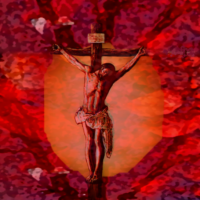 between me and my relationship with God. So, I mentally chose God’s way of forgiveness. Once my mindset shifted, the prayers for forever husband shifted. Once the prayers shifted, forgiveness came closer until it finally settled in my heart. With forgiveness being a mind decision, I was then able to take the negative thoughts and mentally wash them in the blood of Jesus. The graphic in my mind was to take each memory, each negative word, action or thought, and place it at the foot of the cross, allowing the blood of Jesus to cover it as it dripped from His body. Washing the memories with the blood of Jesus reminded me of the forgiveness I had received many years earlier by the same blood.
between me and my relationship with God. So, I mentally chose God’s way of forgiveness. Once my mindset shifted, the prayers for forever husband shifted. Once the prayers shifted, forgiveness came closer until it finally settled in my heart. With forgiveness being a mind decision, I was then able to take the negative thoughts and mentally wash them in the blood of Jesus. The graphic in my mind was to take each memory, each negative word, action or thought, and place it at the foot of the cross, allowing the blood of Jesus to cover it as it dripped from His body. Washing the memories with the blood of Jesus reminded me of the forgiveness I had received many years earlier by the same blood.
B: Forgive my asking if it’s too personal, but do you still view “forever husband” as forever? In what ways do you see him this way?
Mary: Thank you for asking a question I’m sure many people would like answered, including me. At the present time, God has only shown me to believe in marriage, in the covenant relationship made through the marital vows, and to trust He alone can heal relationships, even those He joined. After all, that’s why Jesus came: to restore, to heal and to set captives free (Isaiah 61:1-2). As I’ve prayed about God’s healing broken hearts, even to restore marriages that He bound together, what God has told me now is that I am in a place of final healing from my hurts which have been in a lifetime in the making. I was captive to my past, but I’m being freed from the old wounds. He has shown me that too quickly we run into new relationships thinking the new person will fix us, but only by God’s grace can our old wounds be healed. God knows the desire of my heart, so I pray for forever husband’s healing, too, by God’s unconditional love. It’s an act of compassion and grace to keep loving others (whether family or friends) even when we’re hurting, even when we’ve hurt each other. But “love always protects, always trusts, always hopes, always perseveres”(1 Corinthians 13:7), right? I will never let go of that. So, regarding forever husband? I choose to love him because Christ loves me. And that’s forever.
B: Finally, it seems God’s ministry for you is presently a chance to “bring restoration and reconciliation to broken marriages.” Why do you think you had to walk this road to be able to minister?
Mary: This is an awesome question, one I ponder often. Walking this journey has given me great insight into the midlife transition that all individuals take in life. Each of us have a maturation process, and emotional maturity is usually the last frontier in life. (Note: Spiritual maturity is ongoing, and we don’t reach full maturity in this life – ever). Midlife crisis is all about reaching emotional maturity. I have learned much through the website, “Heart’s Blessing, The Stages and Lessons of Midlife”, and God has given me many opportunities to speak some truth into marriages that are in the midst of this journey. I would not have been aware of midlife crisis or the marital struggles that come from this stage of life had I not gone through this.
B: Mary, thank you so much for sharing your heart, your insights, and your journey with us. I can only speak for myself, but I feel like I’ve been blessed to soar with you through the winds of change. Whether it’s lessons for mid-life, how to hold on through the storms, letting step stones put my fears under my feet and behind me, and seeing how today’s troubles might be tomorrow’s ministry area, there are many positive lessons I’ve learned. I hope you, my readers, have enjoyed today’s interview and have been blessed by this time together.
* * *
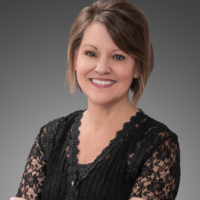 Mary Ethel Eckard is northern-born and southern-bred. Her childhood roots are from York, South Carolina. Her years in ministry have also developed friendships around the world. Mary’s desire is to see others know God in a personal way and walk in His grace and freedom. Mary is the co-founder of Dragonfly Ministries, a ministry dedicated to the spiritual growth and encouragement of God’s children. She blogs at maryetheleckard.com and travels internationally to speak and teach at conferences, workshops, retreats, and crusades. If you would like to schedule Mary to speak at your event, please contact her at admin@maryetheleckard.com
Mary Ethel Eckard is northern-born and southern-bred. Her childhood roots are from York, South Carolina. Her years in ministry have also developed friendships around the world. Mary’s desire is to see others know God in a personal way and walk in His grace and freedom. Mary is the co-founder of Dragonfly Ministries, a ministry dedicated to the spiritual growth and encouragement of God’s children. She blogs at maryetheleckard.com and travels internationally to speak and teach at conferences, workshops, retreats, and crusades. If you would like to schedule Mary to speak at your event, please contact her at admin@maryetheleckard.com
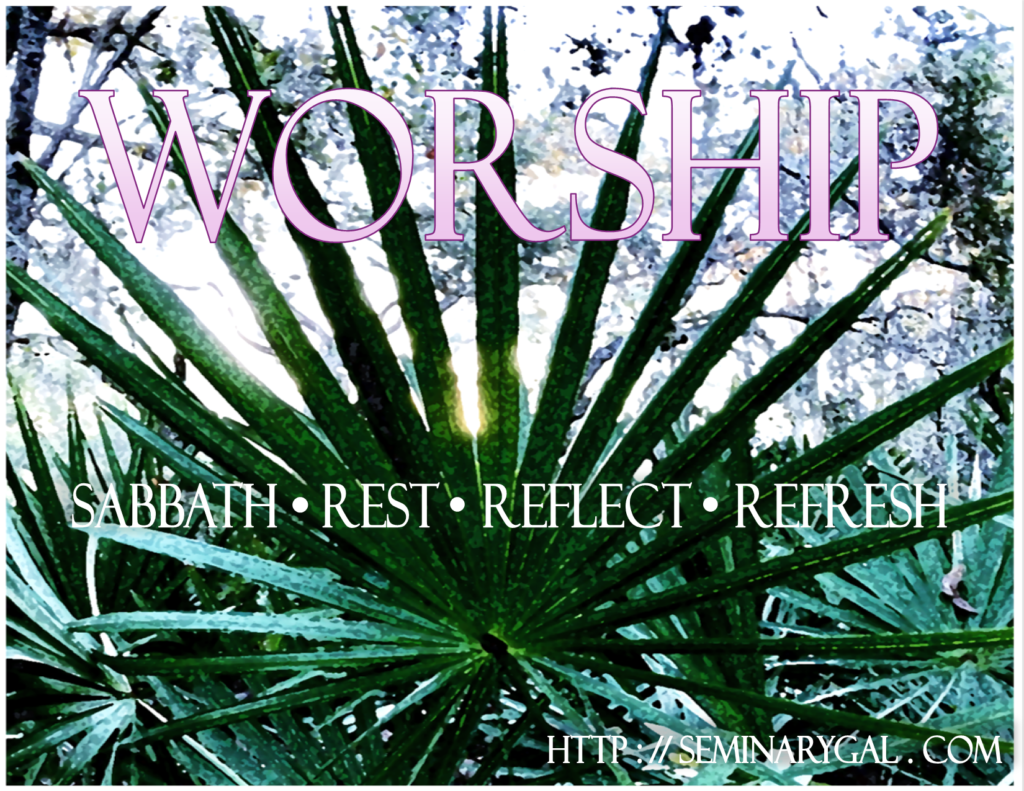
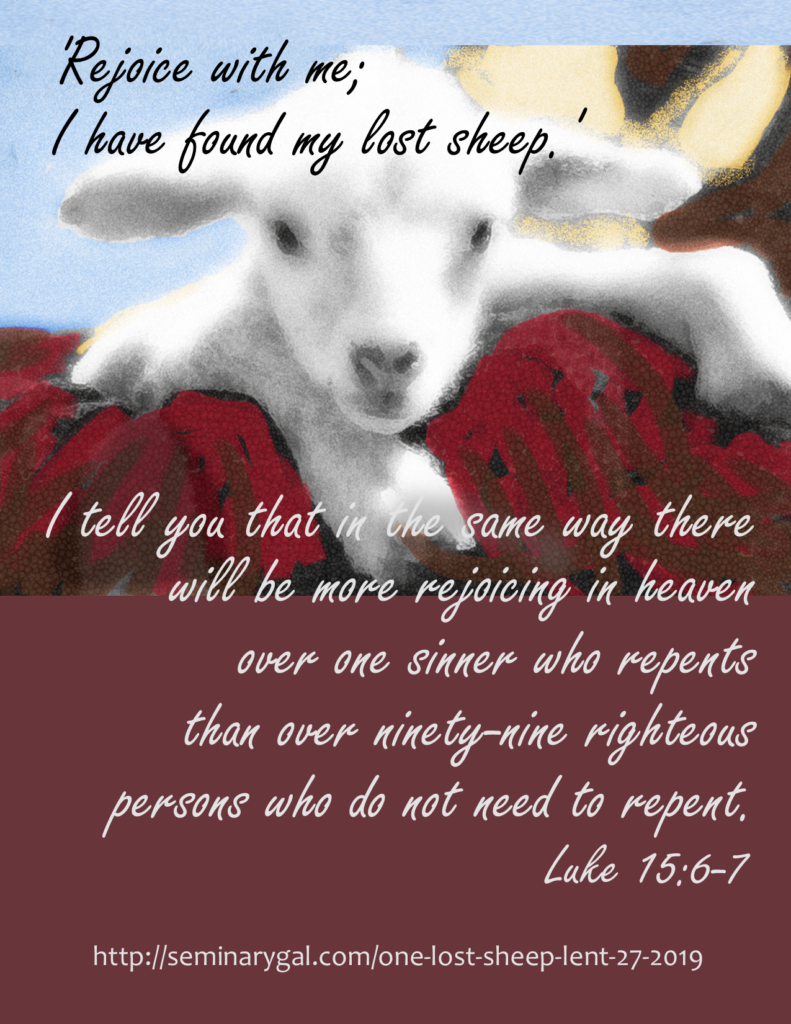
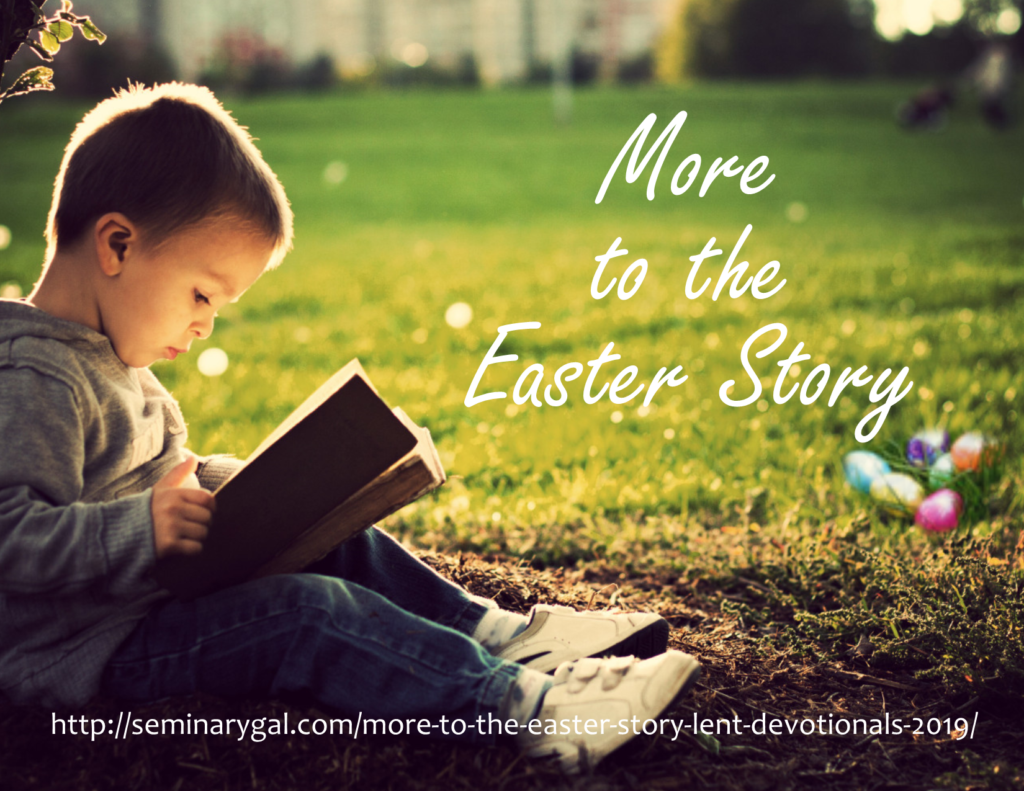
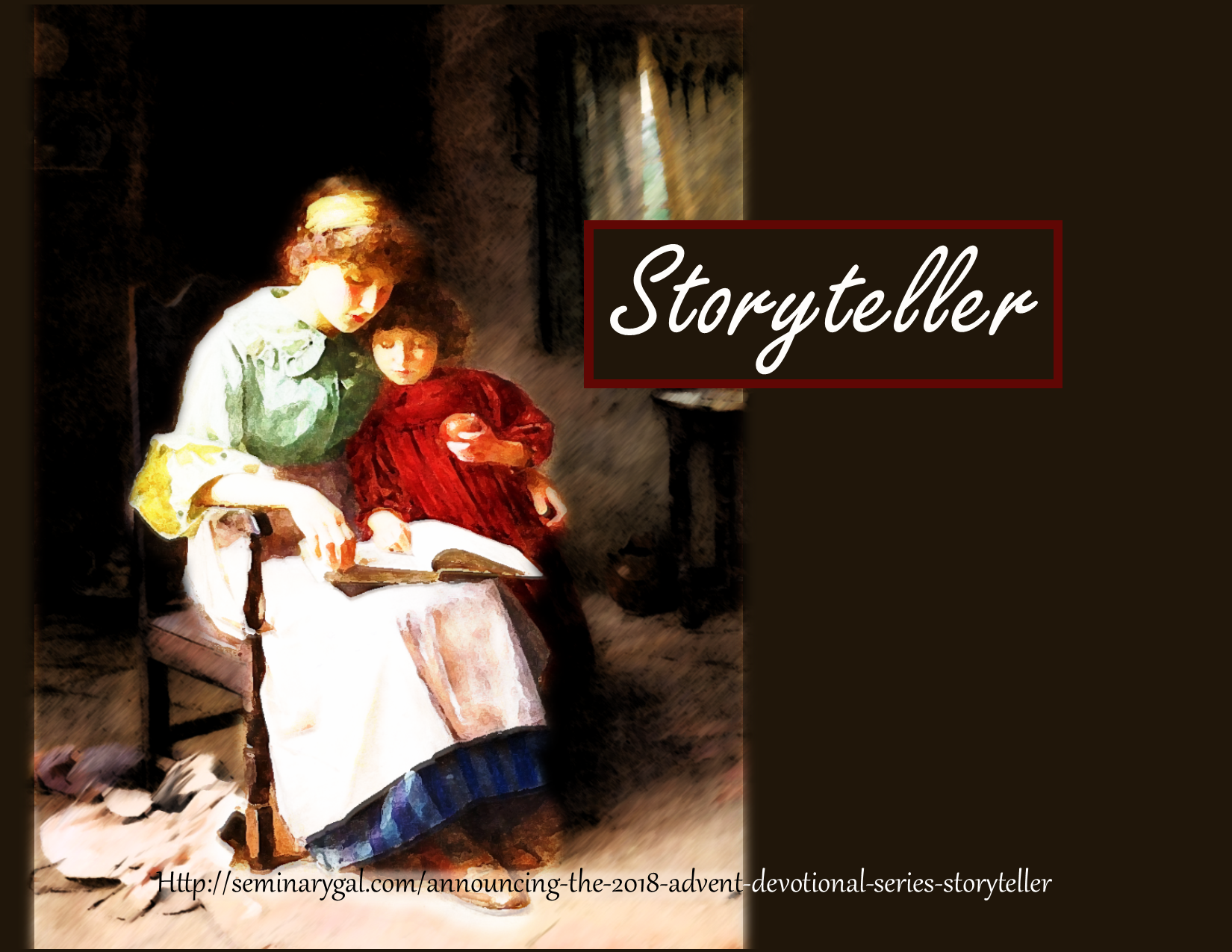
 Today I’d like to introduce another friend—also an author—whose friendship has been formative in my Christian walk. Her name is Mary Ethel Eckard of
Today I’d like to introduce another friend—also an author—whose friendship has been formative in my Christian walk. Her name is Mary Ethel Eckard of  B: How do you do that?
B: How do you do that?  between me and my relationship with God. So, I mentally chose God’s way of forgiveness. Once my mindset shifted, the prayers for forever husband shifted. Once the prayers shifted, forgiveness came closer until it finally settled in my heart. With forgiveness being a mind decision, I was then able to take the negative thoughts and mentally wash them in the blood of Jesus. The graphic in my mind was to take each memory, each negative word, action or thought, and place it at the foot of the cross, allowing the blood of Jesus to cover it as it dripped from His body. Washing the memories with the blood of Jesus reminded me of the forgiveness I had received many years earlier by the same blood.
between me and my relationship with God. So, I mentally chose God’s way of forgiveness. Once my mindset shifted, the prayers for forever husband shifted. Once the prayers shifted, forgiveness came closer until it finally settled in my heart. With forgiveness being a mind decision, I was then able to take the negative thoughts and mentally wash them in the blood of Jesus. The graphic in my mind was to take each memory, each negative word, action or thought, and place it at the foot of the cross, allowing the blood of Jesus to cover it as it dripped from His body. Washing the memories with the blood of Jesus reminded me of the forgiveness I had received many years earlier by the same blood. Mary Ethel Eckard is northern-born and southern-bred. Her childhood roots are from York, South Carolina. Her years in ministry have also developed friendships around the world. Mary’s desire is to see others know God in a personal way and walk in His grace and freedom. Mary is the co-founder of Dragonfly Ministries, a ministry dedicated to the spiritual growth and encouragement of God’s children. She blogs at
Mary Ethel Eckard is northern-born and southern-bred. Her childhood roots are from York, South Carolina. Her years in ministry have also developed friendships around the world. Mary’s desire is to see others know God in a personal way and walk in His grace and freedom. Mary is the co-founder of Dragonfly Ministries, a ministry dedicated to the spiritual growth and encouragement of God’s children. She blogs at  God has blessed me with friendship with some amazing women. One of them is Karen Loss, author of
God has blessed me with friendship with some amazing women. One of them is Karen Loss, author of  It’s been a little over 4 years since
It’s been a little over 4 years since

 From the beginning of creation, even a scientist’s Big Bang, researchers can study and identify the unique properties of light but no one has ever fully probed the wonder of it all.
From the beginning of creation, even a scientist’s Big Bang, researchers can study and identify the unique properties of light but no one has ever fully probed the wonder of it all.